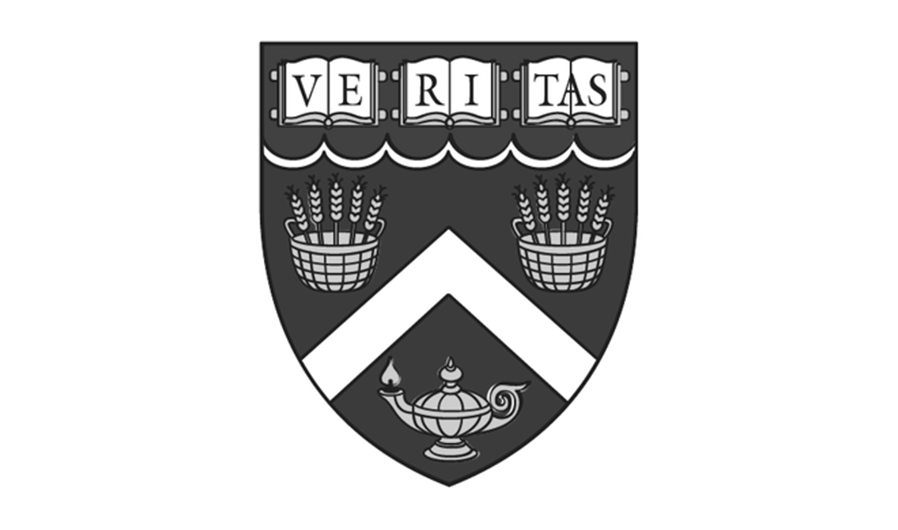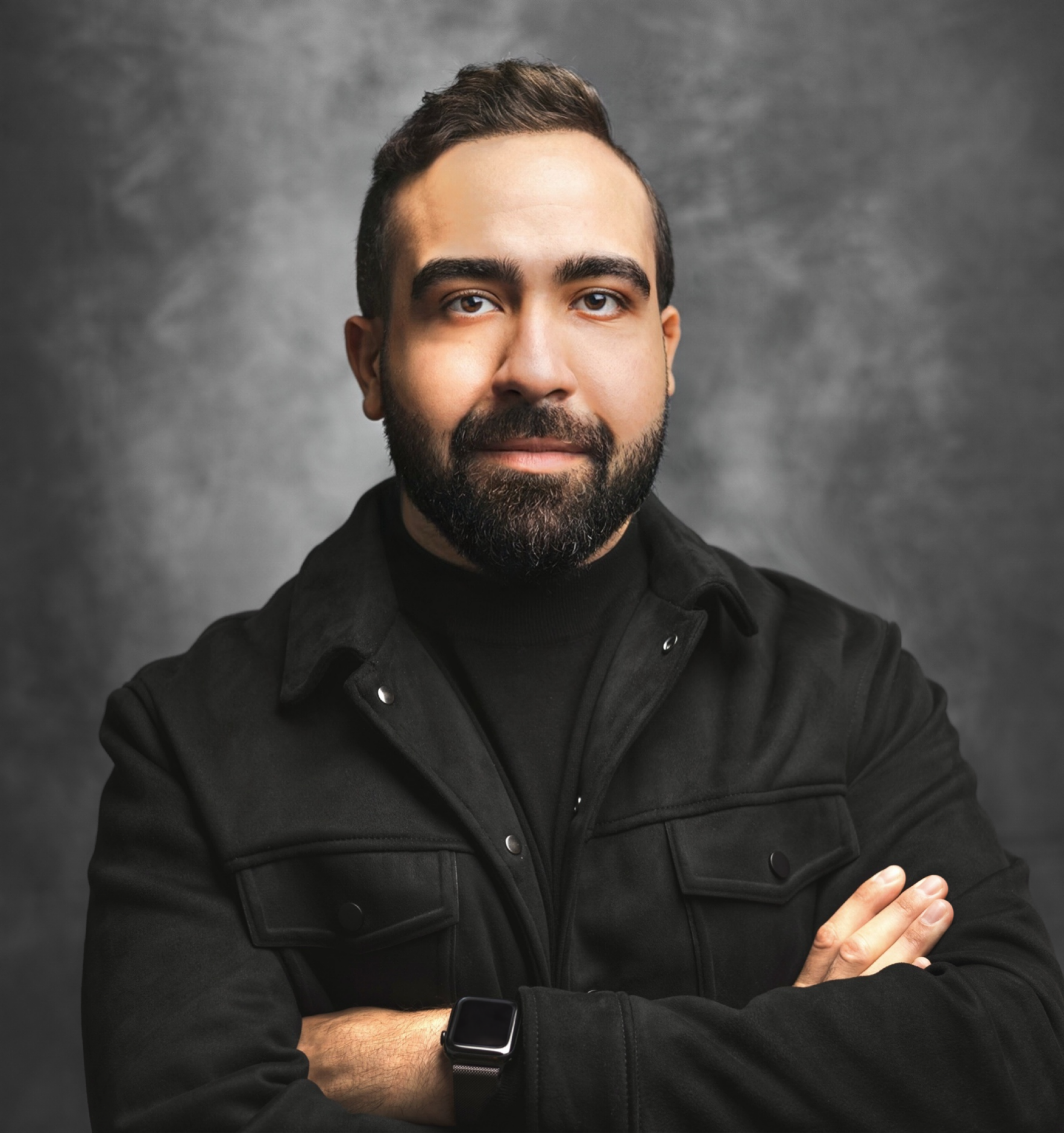MOHAMED H. KHALIL
I am a PhD candidate at the University of Cambridge and creator of the theory of Neurosustainability, aiming to sustain the volume of the human brain and its neurogenesis through environmental enrichment. As part of my PhD, I have published +10 journal articles to date.



PUBLICATIONS
Khalil, M. H. (2025). Green Environments for Sustainable Brains: Parameters Shaping Adaptive Neuroplasticity and Lifespan Neurosustainability—A Systematic Review and Future Directions. International Journal of Environmental Research and Public Health, 22(5), 690.
Khalil, M. H. (2025). Walking and Hippocampal Formation Volume Changes: A Systematic Review. Brain Sciences.
Khalil, M. H. (2024). Environmental Affordance for Physical Activity, Neurosustainability, and Brain Health: Quantifying the Built Environment’s Ability to Sustain BDNF Release by Reaching Metabolic Equivalents (METs). Brain Sciences.

ABOUT
Mohamed is pursuing his PhD at the University of Cambridge, funded by Cambridge Trust. He is working on environmental and lifestyle influences on neuroplasticity and how those dynamics affect health and wellbeing.
Before attending Cambridge, Mohamed had a postgraduate-level certification in psychology from Harvard University and an interdisciplinary master’s degree from the American University in Cairo.